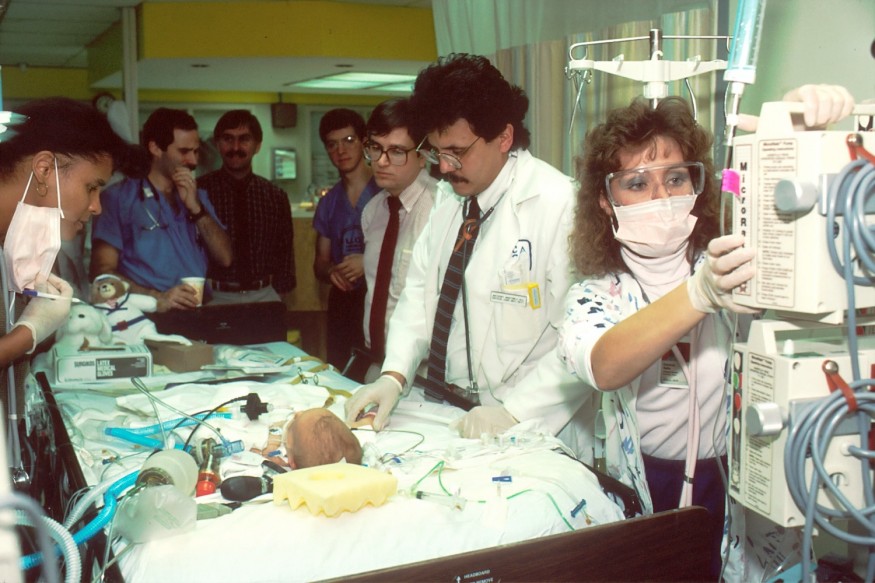
As an extremely competitive, challenging and dynamic realm, getting into medical school is nothing less than a lifetime achievement. But what most students forget is that getting accepted by a medical school is just the beginning. With thousands of students competing with you, making your mark and standing out becomes essential. Especially when it comes to growing professionally in your field of specialization.
Remember, employers everywhere look for dynamism and diverse experience in their candidates. So if you wish to succeed, you have to go the extra mile and put in the hard work. This article outlines some tips for medical students to help them grow and stand out professionally.
Consider Shadowing:
One of the foolproof ways to excel in your field and gain knowledge is to shadow a clinician in the medical specialty you are considering. Shadowing refers to assisting and following experienced doctors throughout the course of their daily work in a clinical setting. Although not necessary, shadowing can be critical in gaining hands-on experience.
It allows budding doctors to develop their skills and understand which specialty is most suited for them. It also provides budding doctors the opportunity to build connections and gather diverse experiences for holistic skill enhancement.
Become A Mentor:
Becoming a mentor may feel counterintuitive when there is so much you do not know about the field. However, mentoring your juniors or even your classmates is an excellent way to develop management skills and understand exactly where you stand. Leadership and people skills are required in virtually any profession, even medicine.
Mentoring allows new doctors to learn to take charge and trust their insights. It is also a great way to expose yourself to new perspectives and approaches. After all, it is natural for mentees to disagree or ask questions you may not have the answers to. Taking this as a learning opportunity and keeping an open mind will solidify your knowledge base and equip you with practical skills.
Volunteering:
Becoming a doctor is a noble profession that requires an attitude of empathy, duty, and compassion. However, joining a clinic setting is often an overwhelming experience for new doctors. With pain and death always around you, it can be hard to stay grounded.
That is why volunteering for causes you believe in can be effective in honing soft skills and fostering a sense of empathy. Not only does volunteering look good on your resume, but it also provides an alternative perspective on service to others.
Plus, volunteering initiatives are widely accessible across the country. So whether you go to medical school in St. Louis or Branson, finding a cause you are passionate about is not particularly difficult.
Clinical Research:
There is nothing more impactful than clinic research attributed to you on your resume. First, clinical research allows medical students to critically analyze other studies and expand their knowledge. It is also an excellent tool for developing critical thinking skills and habits in the long run. In addition, engaging in research can offer students a sense of satisfaction and accomplishment.
But above all, research is a hallmark of team effort and originality. That is why employers are likely to consider a student with research experience over a high-scoring medical student. Conducting original and valid research requires dedication, focus, and an eye for detail. All these skills together lay the foundation for a successful and accomplished career in healthcare.
Clubs And Opportunities:
As a medical student, finding appropriate opportunities that suit your schedule is not always easy. If you are someone who particularly struggles to manage time and work, joining college clubs can be an easy way of growing professionally. Granted, college clubs may not offer the same exposure as volunteering or research. But, if done correctly, these clubs can help you foster essential soft skills.
Several institutions and colleges also provide the opportunity to join national organizations for medical specialties and interests. Similarly, organizations also host conferences and events on emerging or critical subjects. Participating or even taking the initiative to host such events can be a great alternative to stand out and expand your horizons.
Final Thoughts:
It can be tempting to go beyond your capacity in an effort to gain invaluable experience and opportunities. However, nothing is more important than your mental and physical well-being. While it is important to go the extra mile, knowing when to stop is equally essential. Building your profile takes time. So remember to take a break and proceed gradually until you are where you wish to be.
© 2026 ScienceTimes.com All rights reserved. Do not reproduce without permission. The window to the world of Science Times.










